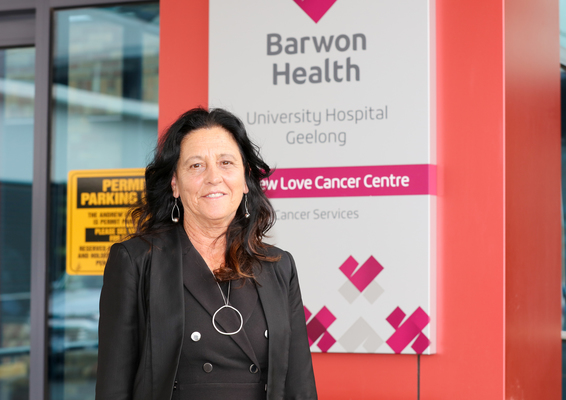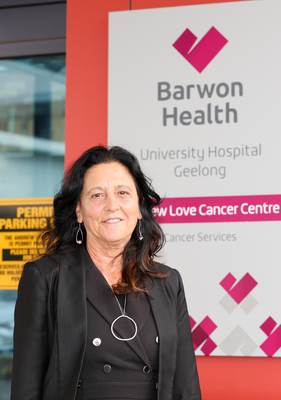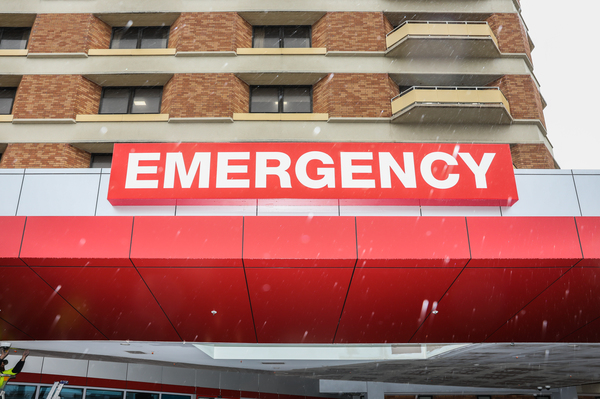Greater Geelong emergency response times have worsened since last year and the previous quarter, according to recently-released Ambulance Victoria data.
The average Code 1 response, requiring lights and sirens, for October to December 2019 was 11.10 minutes, four seconds slower than the same time last year and five seconds slower than last quarter.
But, according to the state government, patients treated under the 15-minute benchmark was up 0.4 per cent on the same time last year.
Paramedics reached 84.8 per cent of 3675 Code 1 patients in less than 15 minutes in the latest quarter, up on 84.4 per cent of 3509 patients the same time last year.
During July to September 2019 paramedics treated 85.2 per cent of 3741 Code 1 patients in less than 15 minutes.
Code 1 responses worsened year-on-year in the Urban Centres and Localities (UCL) of Lara, Ocean Grove and Torquay.
The UCLs of Drysdale-Clifton Springs, Leopold and Geelong recorded year-on-year improvements.
Code 2 incidents, which are time-sensitive but do not require lights and sirens, ballooned 1.43 minutes for greater Geelong in a year.
Paramedics reached Geelong Code 2 patients in an average of 24.44 minutes last quarter, compared to 23.01 a year ago and 23.08 the previous quarter.
While ambulance response times had worsened locally, Geelong Labor MP Christine Couzens pointed out the average response time under the coalition in 2014 was 13.29 minutes.
At the time paramedics were treating 71.5 per cent of Code 1 patients in less than 15 minutes, according to government figures.
“We’re proud of our local paramedics, reaching ill and injured Victorians more than two minutes faster on average than they did under the Liberals, when response times blew out to the worst on the Australian mainland.”
But shadow health minister Georgie Crozier described the government’s take on ambulance times as “political spin”.
“Barwon Health is still recovering from the devastating cyber hack that Daniel Andrews was warned about but failed to act to stop,” Ms Crozier said.
Meanwhile, University Hospital Geelong provided operations to 100 per cent of Category 1 urgent elective surgery patients within the benchmark of 30 days.
The hospital provided operations for half of those patients within 11 days, a day faster than last year, according to the state government.





![[READER COMPETITION] – Win a Viking european river voyage valued at $16,190](https://geelongindy.com.au/wp-content/uploads/2025/07/viking-competition-wesbite-image-3-324x235.png)



